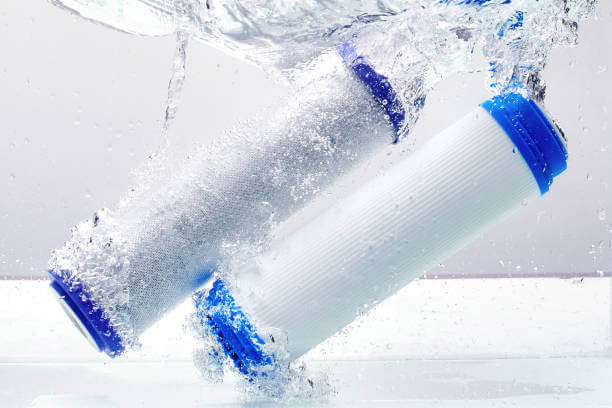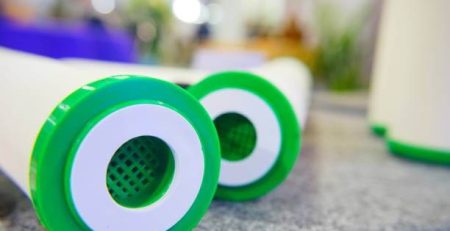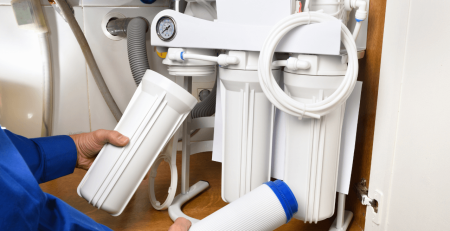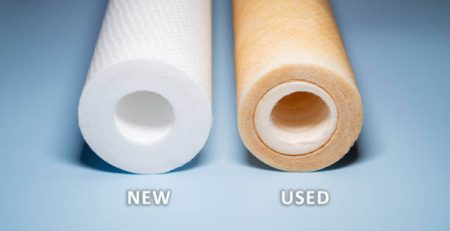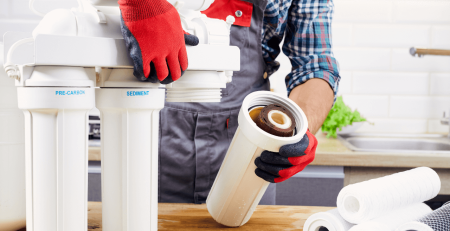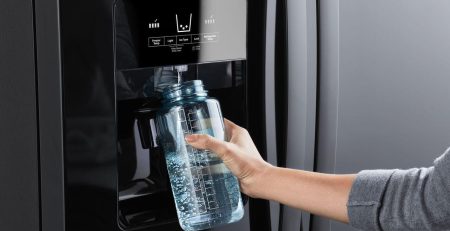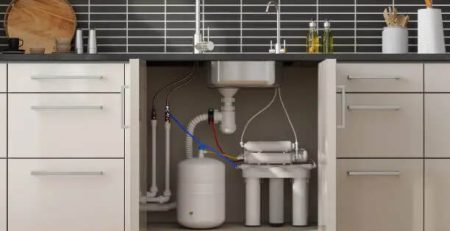How Refrigerator Water Filters Work to Purify Water?
In today’s fast-paced world, access to clean, safe drinking water is more important than ever. With growing concerns about water quality, many households have turned to refrigerator water filters as a convenient solution. At Filter For Fridge, we offer a range of high-quality refrigerator water filters, including popular models like Kenmore, EveryDrop, GE, and Frigidaire. In this blog post, we’ll delve into how these filters work to purify water and highlight the benefits they bring to your home.
Understanding Water Contaminants
Before diving into how refrigerator water filters work, it’s essential to understand what contaminants they target. Water can contain various impurities, including:
- Chlorine: Commonly used in municipal water treatment, chlorine can affect taste and odor.
- Sediments: Dirt, rust, and other particles can lead to cloudy water.
- Heavy Metals: Lead, mercury, and other heavy metals can pose health risks.
- Bacteria and Viruses: Microorganisms can lead to illness if ingested.
- Pesticides and Herbicides: Chemicals used in agriculture can contaminate drinking water.
These contaminants can adversely affect not only the taste and smell of water but also its safety for consumption.
How Refrigerator Water Filters Work
Refrigerator water filters are designed to remove these impurities through a multi-stage filtration process. Let’s break down the key components and mechanisms involved.
- Pre-Filtration Stage
The first stage typically involves a pre-filter, which captures larger particles such as dirt, sand, and rust. This step helps to extend the life of the subsequent filtration stages and ensures that larger contaminants do not clog the filter.
- Activated Carbon Filtration
The next critical stage is activated carbon filtration. Activated carbon is treated to create a network of pores that effectively trap impurities. Here’s how it works:
- Adsorption Process: The porous nature of activated carbon allows it to adsorb (not absorb) contaminants. This means that when water passes through the carbon, chlorine, volatile organic compounds (VOCs), and other impurities stick to the surface of the carbon granules, effectively removing them from the water.
- Taste and Odor Improvement: As a result of this filtration, users often notice a significant improvement in the taste and odor of their water, making it more palatable for drinking and cooking.
- Microfiltration and Ultrafiltration
Many advanced refrigerator water filters incorporate microfiltration or ultrafiltration technologies. These processes involve:
- Membrane Filtration: Using semi-permeable membranes, these filters can remove smaller particles, including bacteria and viruses, from the water.
- Size Exclusion: Microfiltration can remove particles larger than 0.1 microns, while ultrafiltration can eliminate particles as small as 0.01 microns, providing an extra layer of protection.
- Post-Filtration Stage
After passing through the main filtration stages, water may go through a post-filter stage to ensure any remaining contaminants are removed. This stage often involves:
- Additional Carbon Filtration: Some filters use another layer of activated carbon to further improve taste and remove any residual contaminants.
- Final Polishing: This ensures that the water is as pure as possible before it reaches your glass.
- Dispensing Clean Water
Once the water has been purified through these stages, it is dispensed directly from your refrigerator, ready for drinking, cooking, or filling ice trays.
Popular Refrigerator Water Filters from Filter For Fridge
At Filter For Fridge, we offer a wide range of refrigerator water filters to meet the needs of various refrigerator brands and models. Here are some of our most popular filters:
- Kenmore Refrigerator Filter (EDR4RXD1)
This filter is designed for Kenmore refrigerators and effectively reduces contaminants while improving the taste of your drinking water.
- EveryDrop Water Filter
Compatible with Whirlpool and Maytag refrigerators, this filter removes up to 99% of contaminants, providing clean, refreshing water.
- GE MWF Filter
The GE MWF filter is a popular choice for General Electric refrigerators, utilizing advanced filtration technologies to enhance water quality.
- Frigidaire WF2CB PureSource2 Water Filter Cartridge
Designed for Frigidaire refrigerators, this filter reduces chlorine taste and odor, ensuring you have access to great-tasting water.
- ICEPURE RFC3800A
This economical option is compatible with various refrigerator models and effectively removes impurities, making it a budget-friendly choice.
- LG LT500P Premium Water Filter
Compatible with LG refrigerators, this filter is known for its high filtration efficiency and reliability.
Benefits of Using Refrigerator Water Filters
Using refrigerator water filters provides numerous advantages, making them an essential addition to any home:
- Convenience
Having filtered water readily available from your refrigerator is incredibly convenient. There’s no need to buy bottled water or set up a separate filtration system.
- Cost-Effective
Investing in refrigerator water filters can save you money in the long run. Instead of purchasing bottled water, you can enjoy clean, filtered water straight from your fridge.
- Improved Water Quality
The filtration process significantly improves the taste, odor, and clarity of your water. This not only enhances drinking water but also improves the quality of beverages and food prepared with it.
- Health Benefits
By removing harmful contaminants, refrigerator water filters contribute to your overall health and well-being. Clean water is essential for hydration and can reduce the risk of waterborne illnesses.
- Eco-Friendly
Using a refrigerator water filter helps reduce plastic waste from bottled water. It’s an eco-friendly choice that contributes to a more sustainable future.
Maintenance and Replacement
To ensure optimal performance, it’s essential to maintain your refrigerator water filter properly:
- Regular Replacement
Most refrigerator water filters should be replaced every six months, depending on usage and water quality. Check the manufacturer’s guidelines for specific recommendations.
- Monitor Water Flow
If you notice a decrease in water flow or taste quality, it may be time to replace the filter, even if it hasn’t been six months.
- Clean the Dispenser
Regularly clean the water dispenser and storage areas in your refrigerator to prevent the growth of bacteria and maintain a clean environment.
Conclusion
Refrigerator water filters play a vital role in providing clean, safe drinking water. Understanding how they work helps you appreciate their value in your home. At Filter For Fridge, we offer a variety of filters to suit your needs, from Kenmore to GE and everything in between. By investing in a high-quality refrigerator water filter, you ensure that you and your family have access to fresh, pure water every day.
If you’re ready to enhance your water quality, explore our selection of refrigerator water filters today! Your health and taste buds will thank you.

